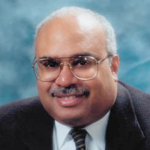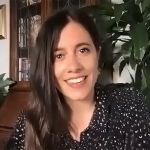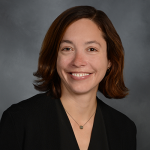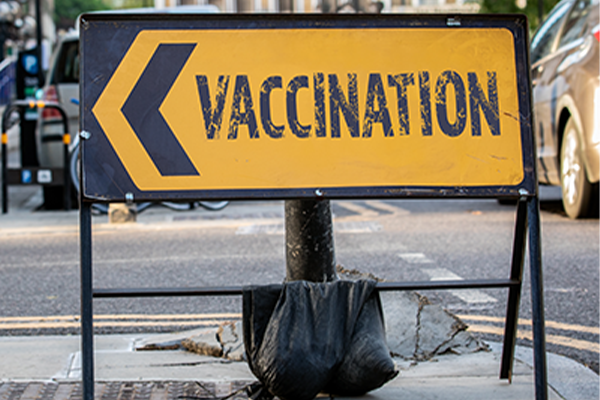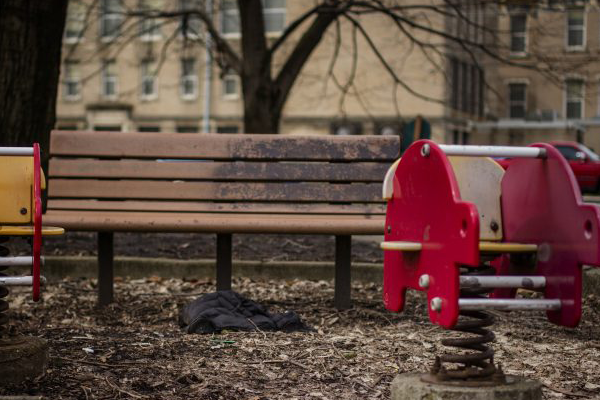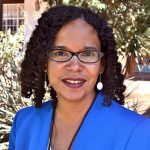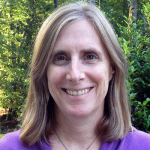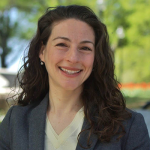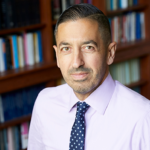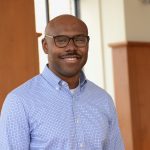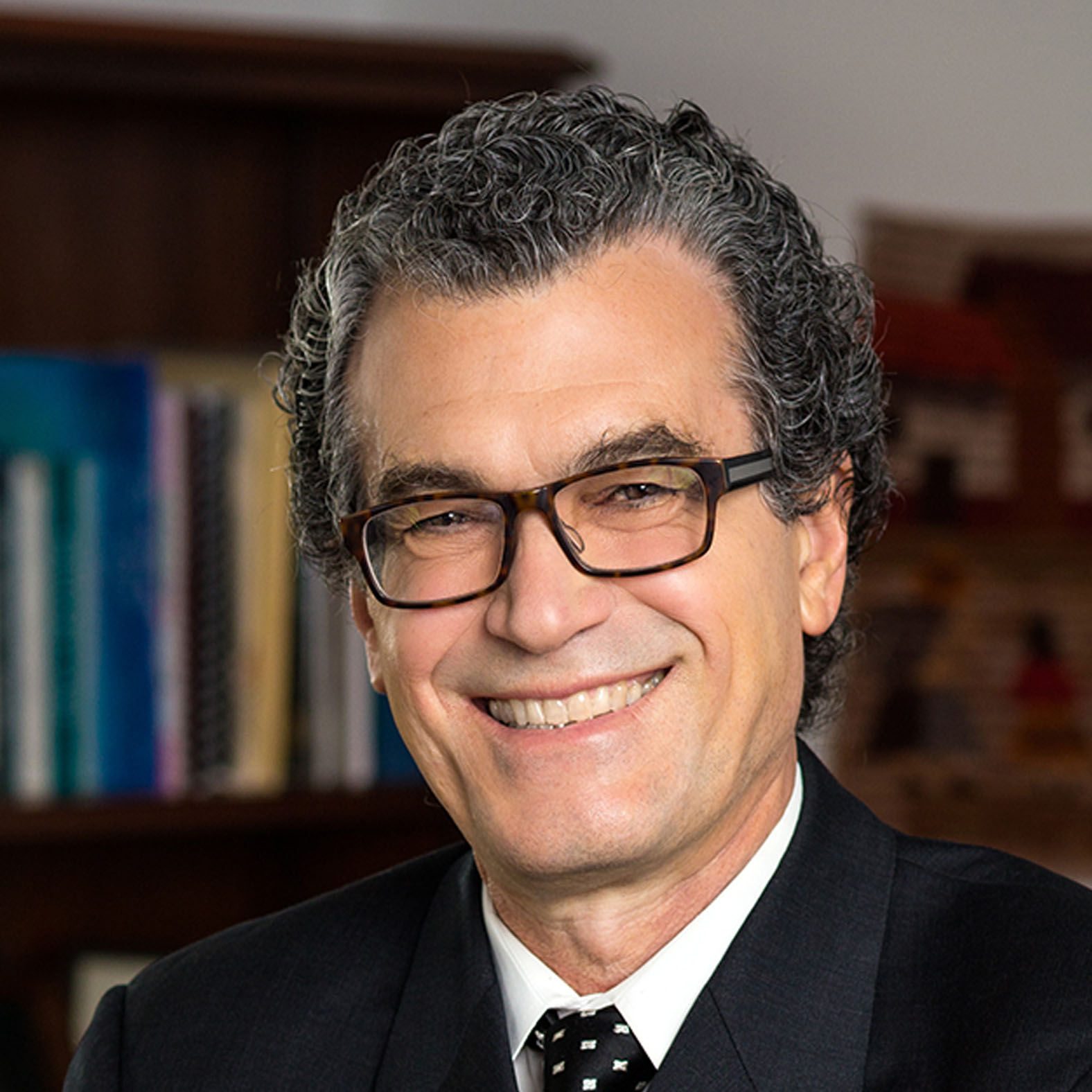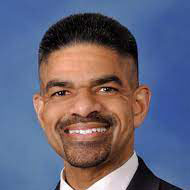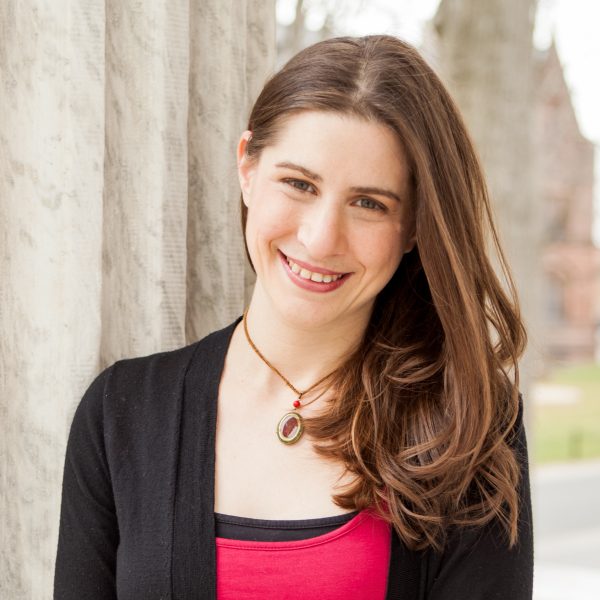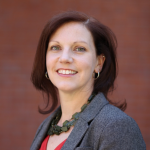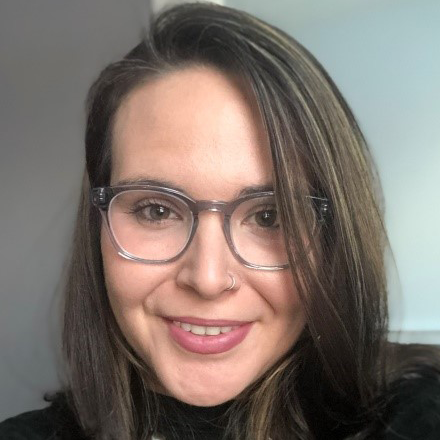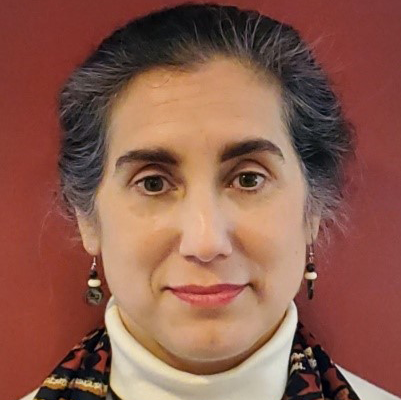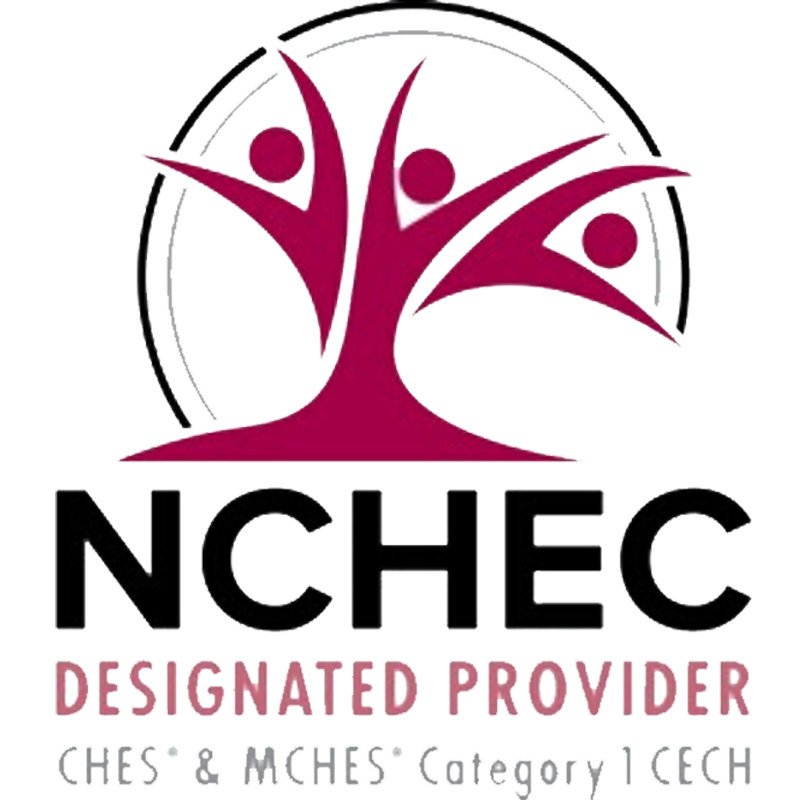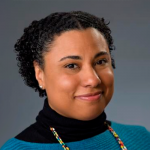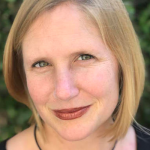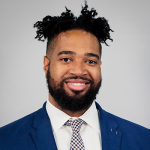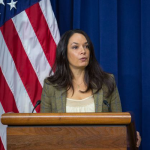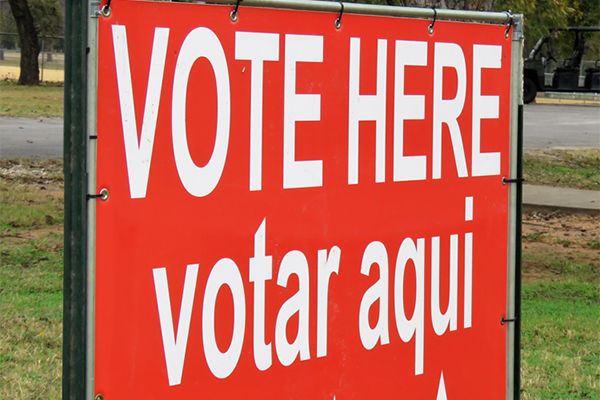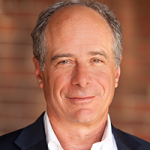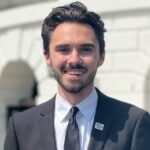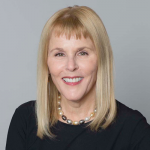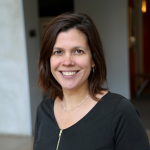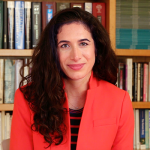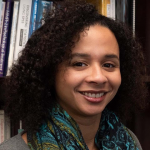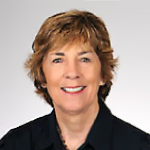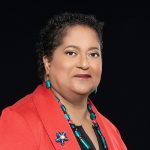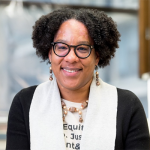
Course Information
- Audience: Public Health Professionals
- Format: Recorded Webinar
- Date/Time: Friday, April 23, 2023, 12:00 PM – 1:30 PM ET
- Price: Free
- Length: 1.5 hours
- Credential(s) eligible for contact hours: Sponsored by New England Public Health Training Center (NEPHTC), a designated provider of continuing education contact hours (CECH) in health education by the National Commission for Health Education Credentialing, Inc. This program is designated for Certified Health Education Specialists (CHES) and/or Master Certified Health Education Specialists (MCHES) to receive up to 1.5 total Category I continuing education contact hours. Maximum advanced-level continuing education contact hours are 0. Provider ID: 1131137 Event ID: SS1131137_TFPHPART3.
If you are not seeking CHES/MCHES contact hours, if you complete the evaluations, you will receive a Certificate of Completion. The Certificate will include the length of the course.
- Competencies: Policy Development and Program Planning Skills
- Learning Level: Awareness
- Companion Trainings: The Future of Population Health (Part 1)
The Future of Population Health (Part 2) - Supplemental materials:None
- Pre-requisites: None
About this Recording
This conversation is the third program in a three-part series convening contributing authors from The Milbank Quarterly’s special issue celebrating its 100th anniversary, titled, “Policy, Governance, and Structural Determinants of Health."
The first session is “Public Health Systems and Structures” and the second session, “Population Health: Major Challenges.”
What you'll learn
At the end of the recording, participants will be able to:
- Describe a structural approach to the Social Determinants of Health and recommendations to address structural oppression.
- Discuss global health governance and reform of national health regulations.
- Explain the risks and harms that restrictive abortion policy brings to health.
- Discuss the gains, success, failures and continuing problems of immigration and immigrant policies.
Moderator

Felice J. Freyer
Health Care Reporter, The Boston Globe
Felice J. Freyer is a health care reporter for The Boston Globe, where she has covered almost every aspect of health and medicine, with a focus on public health, mental health and addiction. During the pandemic she embedded at a hospital ICU, revealed the plight of people with long COVID, and tracked the vaccine roll-out. Before the pandemic, she wrote series on chronic pain and on recovery from addiction. Previously, Freyer was the medical writer for The Providence (R.I.) Journal. She is president of the Association of Health Care Journalists, the world’s largest organization of reporters and editors who cover health care.
Subject Matter Experts
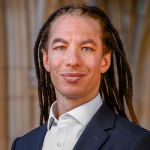
Tyson Brown
W.L.F. Associate Professor of Sociology, Duke University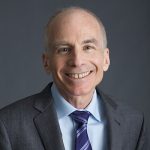
Lawrence Gostin
University Professor; Faculty Director, O’Neill Institute for National & Global Health Law, Georgetown University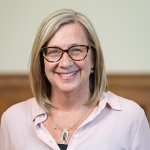
Paula Lantz
James B. Hudak Professor of Health Policy, Gerald R. Ford School of Public Policy, University of Michigan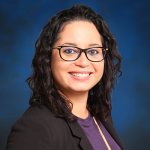
Alana LeBrón
Assistant Professor of Public Health and Chicano/Latino Studies, University of California Irvine
Tyson H. Brown is an Associate Professor of Sociology at Duke University, where he holds the W.L.F. endowed chair. His program of research examines the who, when, and how questions regarding racial inequities in wealth and health. Dr. Brown has authored numerous articles in leading journals in the fields sociology, demography and population health (CV), and his research contributions have been recognized with awards from the American Sociological Association and through keynote addresses and research invitations from the National Academies of Sciences, Engineering, and Medicine (NASEM). In addition, Brown was the inaugural Duke Presidential Fellow, the recipient of Duke University’s Thomas Langford Award, and was a resident fellow at Oxford University. He has also been awarded funding for his training and research from the Robert Wood Johnson and Ford Foundations as well as the National Institutes of Health. Brown is currently working on several projects that investigate macro-level factors and psychosocial mechanisms that underlie social inequalities in health. The first project is on the conceptualization and measurement of structural racism and its effects on population health. The second project uses robust analytic techniques to quantify the contributions of structurally-rooted socioeconomic adversity and stress processes to racial inequities in health. Professor Brown is actively engaged in service at the university and national level. He has served in leadership position within professional organizations, including on the Board of Directors of the Population Association of America as well as on the editorial boards of top journals such as Social Forces, Demography, Social Psychology Quarterly, and the Journal of Health and Social Behavior. Brown also founded and co-organizes Duke’s Writing and ReseArch Productivity (WRAP) Group, which aims to promote excellence in scholarship and support Black faculty by creating protected writing time and a space that enhances faculty inclusion. In addition, professor Brown enjoys serving as a mentor to Duke students and postdocs as well as to early career scientists through programs funded by Russell Sage and Robert Wood Johnson Foundations to build the pipeline of future scholars.
Tyson H. Brown is an Associate Professor of Sociology at Duke University, where he holds the W.L.F. endowed chair. His program of research examines the who, when, and how questions regarding racial inequities in wealth and health. Dr. Brown has authored numerous articles in leading journals in the fields sociology, demography and population health (CV), and his research contributions have been recognized with awards from the American Sociological Association and through keynote addresses and research invitations from the National Academies of Sciences, Engineering, and Medicine (NASEM). In addition, Brown was the inaugural Duke Presidential Fellow, the recipient of Duke University’s Thomas Langford Award, and was a resident fellow at Oxford University. He has also been awarded funding for his training and research from the Robert Wood Johnson and Ford Foundations as well as the National Institutes of Health. Brown is currently working on several projects that investigate macro-level factors and psychosocial mechanisms that underlie social inequalities in health. The first project is on the conceptualization and measurement of structural racism and its effects on population health. The second project uses robust analytic techniques to quantify the contributions of structurally-rooted socioeconomic adversity and stress processes to racial inequities in health. Professor Brown is actively engaged in service at the university and national level. He has served in leadership position within professional organizations, including on the Board of Directors of the Population Association of America as well as on the editorial boards of top journals such as Social Forces, Demography, Social Psychology Quarterly, and the Journal of Health and Social Behavior. Brown also founded and co-organizes Duke’s Writing and ReseArch Productivity (WRAP) Group, which aims to promote excellence in scholarship and support Black faculty by creating protected writing time and a space that enhances faculty inclusion. In addition, professor Brown enjoys serving as a mentor to Duke students and postdocs as well as to early career scientists through programs funded by Russell Sage and Robert Wood Johnson Foundations to build the pipeline of future scholars. Lawrence Gostin University Professor; Faculty Director, O’Neill Institute for National & Global Health Law, Georgetown University Lawrence O. Gostin is University Professor, Georgetown University’s highest academic rank conferred by the University President. Prof. Gostin directs the O’Neill Institute for National and Global Health Law and is the Founding O’Neill Chair in Global Health Law. He served as Associate Dean for Research at Georgetown Law from 2004 to 2008. He is Professor of Medicine at Georgetown University and Professor of Public Health at the Johns Hopkins University. Prof. Gostin is the Director of the World Health Organization Collaborating Center on National and Global Health Law. The WHO Director-General has appointed Prof. Gostin to high-level positions, including the International Health Regulations (IHR) Roster of Experts and the Expert Advisory Panel on Mental Health. He served on the Director-General’s Advisory Committee on Reforming the World Health Organization, as well as numerous WHO expert advisory committees, including on the Pandemic Influenza Preparedness Framework, smallpox, genomic sequencing data, migrant health, and NCD prevention. He served on the WHO/Global Fund Blue Ribbon Expert Panel: The Equitable Access Initiative to develop a global health equity framework. He co-chaired the Lancet Commission on Global Health Law. Professor Gostin has been at the center of public policy and law through multiple epidemics from AIDS and SARS, to Ebola, MERS, and Zika. He currently works closely with the Biden administration and global institutions like WHO, the World Bank, and Gavi on the COVID-19 response. He served on two global commissions to report on the lessons learned from the 2015 West Africa Ebola epidemic. He was also senior advisor to the United Nations Secretary General’s post-Ebola Commission. Prof. Gostin also served on the drafting team for the G-7 Summit in Tokyo 2016, focusing on global health security and Universal Health Coverage. Prof. Gostin holds multiple international academic professorial appointments, including at Oxford University, the University of Witwatersrand (South Africa), and Melbourne University. Prof. Gostin served on the Governing Board of Directors of the Consortium of Universities for Global Health. Prof. Gostin holds editorial appointments in leading academic journals throughout the world. He is the Legal and Global Health Correspondent for the Journal of the American Medical Association. He was also Founding Editor-in-Chief of Laws (an international open access law journal). He was formally the Editor-in-Chief of the Journal of Law, Medicine & Ethics. Prof. Gostin holds several honorary degrees. In 1994, the Chancellor of the State University of New York conferred an Honorary Doctor of Laws Degree. In 2006, Her Majesty Queen Elizabeth II and the Vice Chancellor awarded Cardiff University’s (Wales) highest honor, an Honorary Fellow. In 2007, the Royal Institute of Public Health (United Kingdom) appointed Prof. Gostin as a Fellow of the Royal Society of Public Health (FRSPH). In 2012, the Chancellor of the University of Sydney – on the nomination of the Deans of the Law and Medical Schools – conferred a Doctor of Laws (honoris causa), presided by two Justices of Australia’s highest court—Justices Kirby and Haydon. In 2021, The Faculty of Public Health (United Kingdom) elected Prof. Gostin as an Honorary Member. Prof. Gostin is an elected lifetime Member of the National Academy of Medicine/National Academy of Sciences. He has served on the National Academy’s Board on Health Sciences Policy, the Board on Population Health, the Human Subjects Review Board, and the Committee on Science, Technology, and Law. He currently serves on the National Academies of Sciences Engineering, and Medicine, Board on Global Health. Gostin chaired the National Academy’s Committee on Global Solutions to Falsified, Substandard, and Counterfeit Medicines. He has chaired National Academy Committees on national preparedness for mass disasters, health informational privacy, public health genomics, and human subject research on prisoners. Prof. Gostin is also a Member of the Council on Foreign Relations and Fellow of the Hastings Center. In 2016, President Obama appointed Prof. Gostin to a six-year term on the President’s National Cancer Advisory Board to advise the nation on cancer prevention, research, and policy. He also serves on the National Institutes of Health Director’s Advisory Committee on the ethics of public/private partnerships to end the opioid crisis. Prof. Gostin has led major law reform initiatives in the U.S., including drafting the Model Emergency Health Powers Act (MEHPA) to combat bioterrorism (following the post-9/11 anthrax attacks) and the “Turning Point” Model State Public Health Act. He also spearheaded the World Health Organization and International Development Law Organization’s major report, Advancing the Right to Health: The Vital Role of Law. Prof. Gostin’s proposal for a Framework Convention on Global Health – an international treaty ensuring the right to health – is now part of a global campaign, endorsed by the UN Secretary-General and Director of UNAIDS. In the United Kingdom, Lawrence Gostin was the Legal Director of the National Association for Mental Health, Director of the National Council of Civil Liberties (the UK equivalent of the ACLU, now called “Liberty”), and a Fellow at Oxford University. He led Liberty during its 50th anniversary, started by George Orwell and EM Forster. He helped draft the Mental Health Act (England and Wales) and brought landmark cases before the European Court of Human Rights. Prof. Gostin’s books include: Global Health Security: A Blueprint for the Future (Harvard University Press, 2021); Global Health Law (Harvard University Press, 2014); Public Health Law: Power, Duty, Restraint (University of California Press, 3rd ed., 2016); Public Health Law and Ethics: A Reader (University of California Press, 3rd ed., 2018); Foundations of Global Health Law and Human Rights (Oxford University Press, 2020); Human Rights in Global Health: Rights-Based Governance for a Globalizing World (Oxford University Press, 2018); Law and the Health System (Foundation Press, 2014); Principles of Mental Health Law & Practice (Oxford University Press, 2010). Gostin’s classic text, Global Health Law (Harvard University Press, 2014) is read throughout the world—translated and published in both simplified and traditional Chinese, in Korean, and in Spanish. Paul Farmer, Partners in Health, says of his book: Global Health Law is “more than the definitive book on a dynamic field. Gostin harnesses the power of international law and human rights as tools to close unconscionable health inequities — the injustices that burden marginalized populations throughout the world. Gostin presents a forceful vision, one that deserves a wide embrace.” In a 2012 systematic empirical analysis of legal scholarship, independent researchers ranked Prof. Gostin 1st in the nation in productivity among all law professors, and 11th in in impact and influence. A 2017, 2018, and 2018 systematic empirical analysis all ranked Prof. Gostin 1st in the nation for citations and impact in health law.
Paula Lantz is the James B. Hudak Professor of Health Policy at the University of Michigan’s Gerald R. Ford School of Public Policy. She is also director of the Ford School’s BA program and holds an appointment as professor of health management and policy in the School of Public Health. Lantz, a social demographer/social epidemiologist, studies the role of public policy in improving population health and reducing social disparities in health. Lantz is currently engaged in research regarding abortion policy, housing policy, and on how COVID-19 continues to exacerbate existing social, economic, and health inequities in the United States. An elected member of the National Academy of Social Insurance and the National Academy of Medicine, Lantz received an MA in sociology from Washington University, St. Louis, and an MS in epidemiology and PhD in sociology with a focus on social demography from the University of Wisconsin.
Alana M.W. LeBrón, Ph.D., M.S., is an Assistant Professor of Public Health and Chicano/Latino Studies at the University of California, Irvine. She received her Ph.D. from the University of Michigan School of Public Health, her M.S. in Public Health from the Harvard T.H. Chan School of Public Health, and her A.B. in Gender and Women’s Studies from Bowdoin College. She completed her postdoctoral research fellowship at the National Center for Institutional Diversity at the University of Michigan. Dr. LeBrón’s research focuses on how policy, systems, and environmental factors shape health inequities and studies community-driven interventions designed to remedy unequal systems and mitigate health inequities. Much of Dr. LeBrón’s scholarship focuses on structural racism and health, including immigration-related structural barriers and stressors, racial discrimination, exposure to toxic substances, and health care inequities on health inequities among predominantly Latiné, immigrant, and low-income communities.
Registration
Select the Enroll Me button below to register for this recording. If you have any trouble accessing the recording, contact support@nephtc.org.
Acknowledgement: This project is supported by the Health Resources and Services Administration (HRSA) of the U.S. Department of Health and Human Services (HHS) as part of award 2 UB6HP31685‐05‐00 “Public Health Training Centers.” The contents are those of the author(s) and do not necessarily represent the official views of, nor an endorsement, by HRSA, HHS or the U.S. Government.









